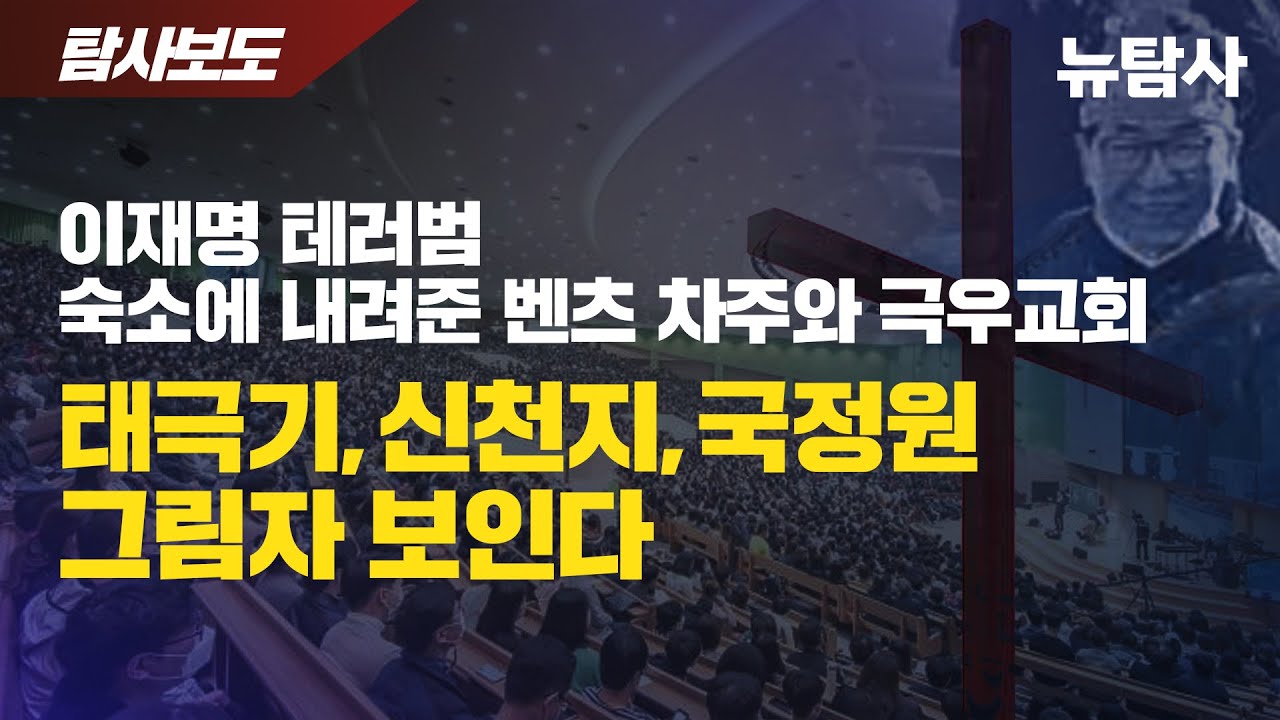当代中国的价值虚无与政治性抑郁【Eng Sub】The value nihilism and political depression in contemporary China
Summary
TLDR视频讨论了越来越多的中国人感受到政治性抑郁的原因。通过个人经历和上海封锁的例子,揭示了在高压政治和社会环境下,个体情感和故事的虚无化,以及这种环境如何导致人们感到无力和绝望。视频还探讨了教育体制对学生心理健康的影响,并指出这种抑郁不仅仅是个人问题,而是需要更广泛的社会和政治解决方案。
Takeaways
- 😞 高强度的工作压力导致中国越来越多的人感到政治性抑郁。
- 👥 公司内部的沉默和领导的斥责共同维持了公司的高效运作和秩序。
- 🚨 上海封城期间,物流和贸易网络中断,市民面临食物和药品短缺。
- 🤐 互联网审查和对敏感词汇的封锁,使得真实的求助声音被压制。
- 📈 政治决策的正当性和民众的服从感动,成为公共舆论空间的主导叙事。
- 🎭 后极权时代特征是意识形态不再有热情和信任,取而代之的是政治冷漠和绝望。
- 🚫 经济的发展和对外资的引入,掩盖了政治和精神上的侵犯。
- 📚 学校生活中的等级排名制度,影响了学生之间的自由结社和真正的信任建立。
- 🌐 社会自由结社的缺失,导致个体在面对主流压力时感到孤立无援。
- 💔 物质利益的过度追求和价值观的单一化,导致了个体生命力的萎缩和个性的消失。
- 🧠 社会价值观的单一化,使得心理咨询在解决根本问题上显得无力。
Q & A
为什么越来越多的中国人感到政治上的抑郁?
-越来越多的中国人感到政治上的抑郁,部分原因在于政府的强力管控和对言论自由的限制,导致社会的单一化价值观和精神空虚。
在中国的工作环境中,个人的意见和情感表达受到什么样的限制?
-在中国的工作环境中,个人的意见和情感表达受到强大的集体主义和政治正确的限制,导致个体的情感和思想被压抑和忽视。
为什么作者将中国现代社会描述为'后极权主义时代'?
-作者将中国现代社会描述为'后极权主义时代',因为虽然政府的意识形态仍然存在,但已经失去了人们的热情和信任,转而出现了政治上的冷漠和绝望。
在中国的学校环境中,学生的情绪问题与何种因素密切相关?
-在中国的学校环境中,学生的情绪问题与竞争激烈的学习氛围、排名制度以及缺乏真正的人际支持密切相关。
在中国社会,为什么个体往往放弃了自己的独特性?
-在中国社会,个体往往放弃了自己的独特性,因为追求世俗成功和面对主流压力的需要迫使他们使用符合主流的语言和行为模式。
为什么心理咨询在中国变得越来越无效?
-心理咨询在中国变得越来越无效,部分原因在于整个社会价值观的单一化,导致心理学家难以站在健全人性的立场上理解访问者的心理状态。
在中国政府的宣传中,强调了哪些方面来激发民族自豪感?
-在中国政府的宣传中,强调了中国的物质繁荣和先进技术,试图激发民众的民族自豪感。
为什么作者将所有的抑郁都视为政治性抑郁?
-作者将所有的抑郁都视为政治性抑郁,因为它们根源于政治和社会体制对个体的压制和限制,而不仅仅是个体心理的问题。
在中国的社会环境中,自由联合的能力对个人有何重要性?
-在中国的社会环境中,自由联合的能力对个人至关重要,它可以让个体在主流舆论的压力下获得支持和回应,从而保持自己的理性和独立思考。
中国学校体制如何反映了整个中国社会的特点?
-中国学校体制反映了整个中国社会的特点,即强调竞争、功利和排名,而忽视了个体的情感和人际关系的重要性。
Outlines

This section is available to paid users only. Please upgrade to access this part.
Upgrade NowMindmap

This section is available to paid users only. Please upgrade to access this part.
Upgrade NowKeywords

This section is available to paid users only. Please upgrade to access this part.
Upgrade NowHighlights

This section is available to paid users only. Please upgrade to access this part.
Upgrade NowTranscripts

This section is available to paid users only. Please upgrade to access this part.
Upgrade NowBrowse More Related Video

越南经济的三大优势与三大问题| 十分钟认识越南,看这段影片就够了| 克隆中国的改革开放 | 单挑过中、美、法三大常任理事国 | 从最新的亚洲之星,到进出口和房地产双双跳水

Idriss Aberkane : « Personne n'exploite mieux l'antisionisme que Netanyahu »

【240129】[탐사보도] 이재명 테러범 숙소에 내려준 벤츠 차주와 극우교회 태극기, 신천지, 국정원 그림자 보인다

【小岛浪吹】美国为什么被迫无条件的支持以色列,这样的溺爱还能持续多久

Tiktok 成為新時代兒童台,會影響專注、造成憂鬱、焦慮,甚至是失憶?真的有這麼嚴重嗎?|志祺七七

[Debby蹺班去] 🇺🇸第一代移民來美後悔了? | 細聽中國城老移民的移民故事👴🏻|🛫老移民怎麼看舊金山的變化?
5.0 / 5 (0 votes)
